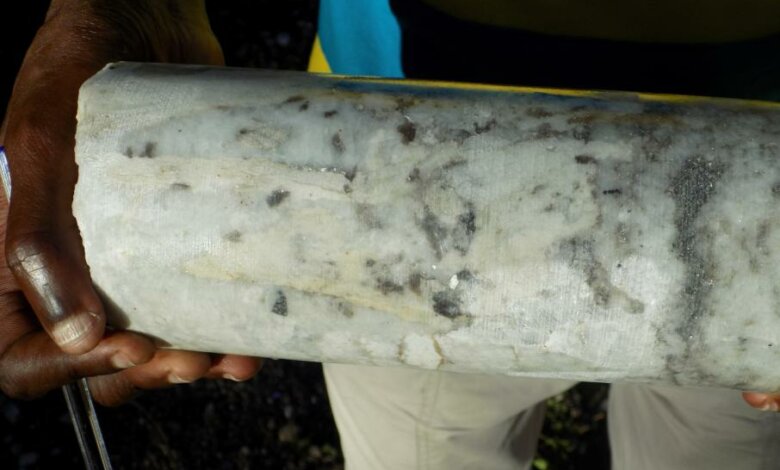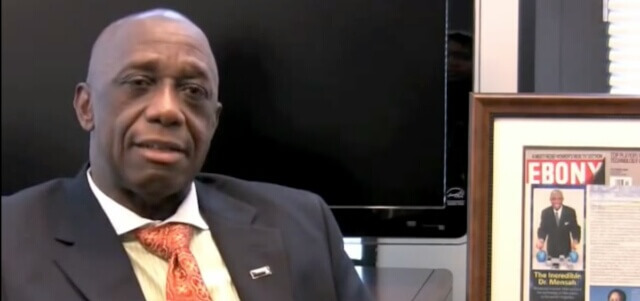Lithium is the New Gold, and Africa is Sitting on top of it

With its diverse metal resources, Africa has recently been in the spotlight. The focus in this case is lithium-ion, and Africa has abundance of it, the ‘new gold’ if you may.
This scramble for Africa recycles itself into an increasing demand for lithium deposits needed for electric cars’ technological revolution to the automobile industry, and pursuit of green energy for the sustainable future.
Electric vehicles on average, have a lower carbon footprint over their lifetime than automobiles and trucks with typical internal combustion engines, according to experts.
Even though most of the world’s electricity systems still run on fossil fuels like coal or oil, and electric vehicles rely on that energy to charge, it was discovered that driving an electric car is healthier for the environment in 95 percent of the world. This was published by researchers from the Universities of Cambridge, Exeter, and Nijmegen in the Netherlands.
Following the green cooperation between China and Europe, electric vehicles and renewable energy sources have become accessible more than ever.
Read Also: Are Rights Abuses Tarnishing China’s Image in Africa?
This reflected in the International Energy Agency’s (IEA) forecast that a surge in electric vehicles is expected before the end of the decade from 11 million cars sold to an astronomical 145 million sold.

Electric Vehicles need Africa’s Lithium
While South America and Australia own more than half of the world’s lithium reserves, attention is turning to Africa underutilised mineral resources – with China taking peculiar interests since its produces 80% of the world electric vehicles.
Last year, the Democratic Republic of Congo launched the Manono Lithium-Tin Project. The mine will require a projected capital investment of around £391.2 million ($545.5 million) upon completion, and is expected to be in operation for 20 years.
The project is an open-pit mining project thought to be one of the world’s greatest LCT (lithium, caesium, tantalum) pegmatite deposits. However, Chinese mining company Zijin is currently locked in a court struggle with Australia’s AVZ minerals for control of the Manono mine in the country’s east.
Congo is an essential supply of resources for the renewable energy transition. It is the world’s largest producer of cobalt and has huge lithium reserves, both of which are important components in electric vehicle batteries.
Chinese corporations have moved quickly to acquire supply from the central African country, controlling roughly half of Congo’s cobalt output.
China is also purchasing mines in Zimbabwe, which has enormous undeveloped mineral deposits. Chinese company, Zhejiang Huayou Cobalt is investing $300 million in the Arcadia Lithium mine outside of Harare, which it recently purchased.
Read Also: Gas is a Dangerous Distraction for Africa
The funds will go toward building a factory that can process 400,000 metric tonnes of lithium concentrate per year. Other firms that have made lithium investments in Zimbabwe in the last year include Shenzhen Chengxin Lithium Group and Sinomine Resource Group.
However, as more companies dabble into electric vehicles, the demand for lithium has risen driving its cost to an almost 500% increase from source in the past year.
Yet in 2020 alone consumers spent $120 billion on electric car purchases, expected to shoot even higher overtime – providing a stock-high investment portfolio for countries with the minerals.
Abeeb Lekan Sodiq is a Managing Editor & Writer at theafricandream.net. He is as well a Graphics Designer and also known as Arakunrin Lekan.





